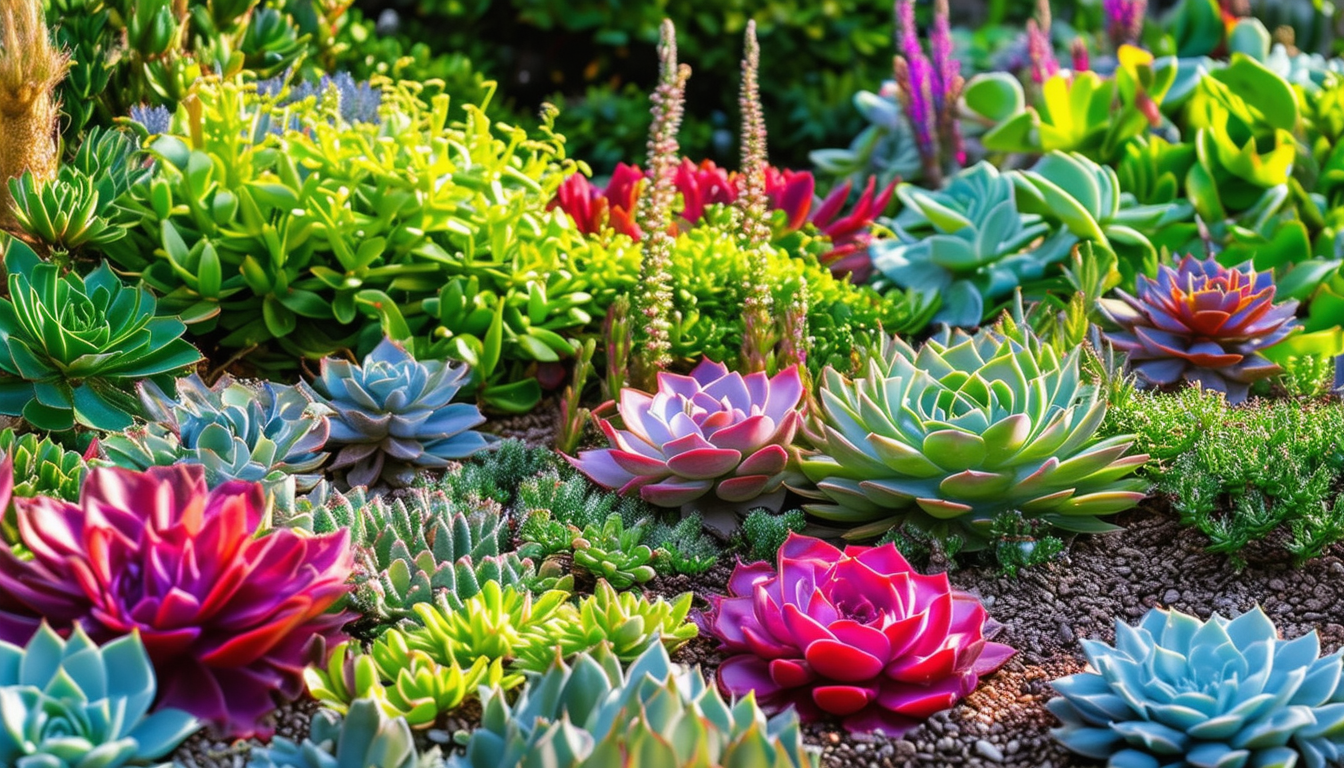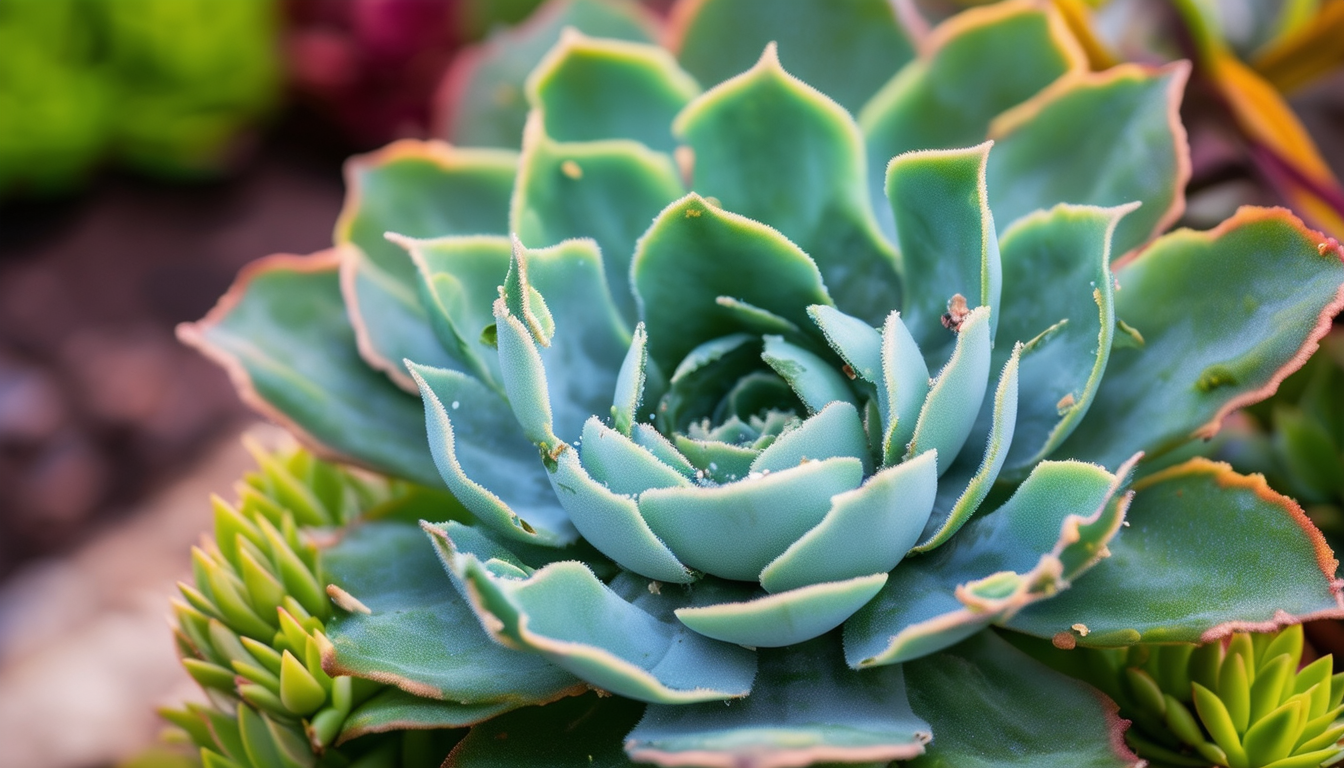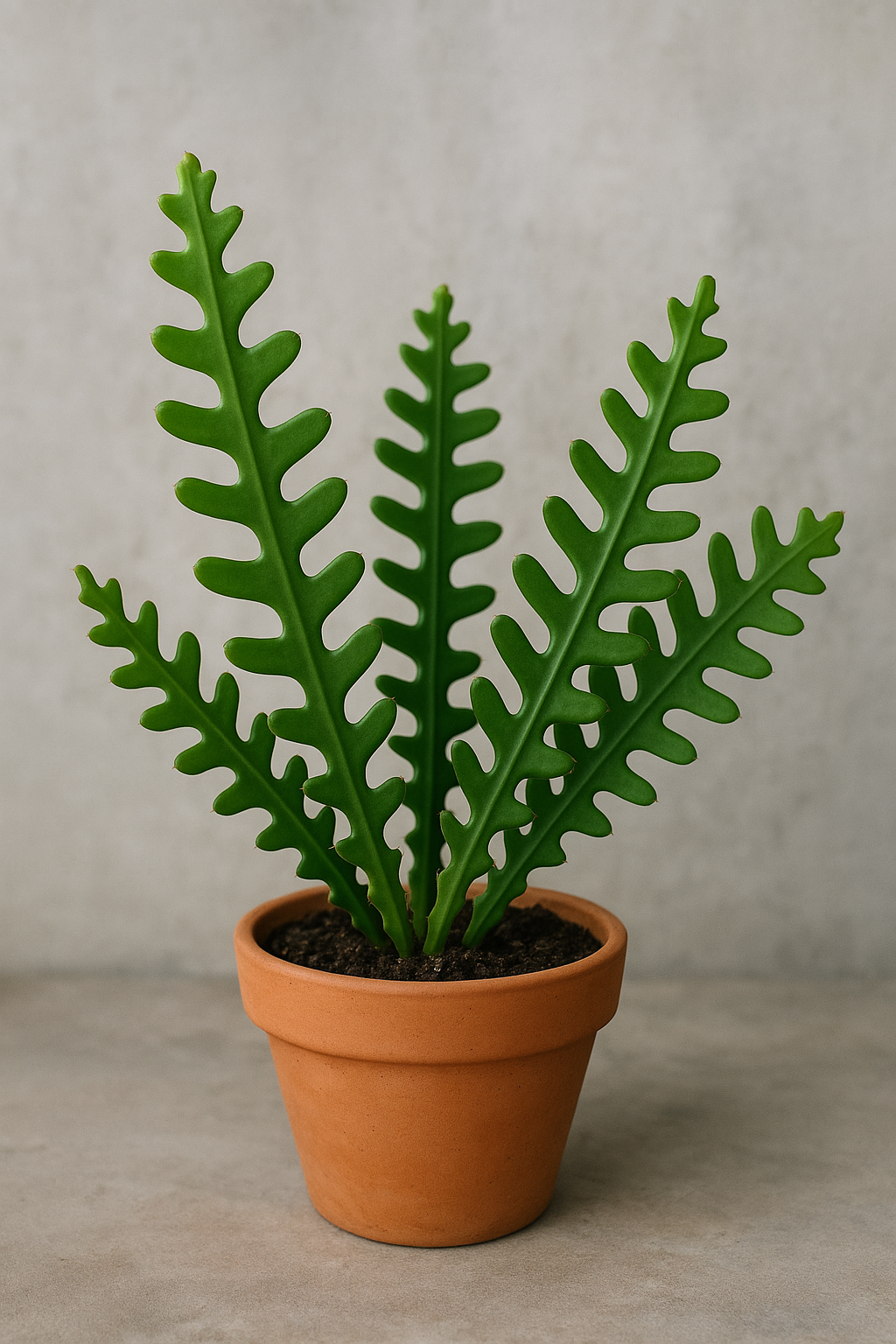
Keep your succulents thriving and pest-free with natural, eco-friendly pest control methods that promote a healthy garden.
Understanding the Importance of Biological Pest Control
Biological pest control is an eco-friendly method that uses natural predators and organic solutions to manage and eliminate pests. Unlike chemical pesticides, biological control methods do not harm the environment or beneficial insects, making them a sustainable choice for succulent care.
Implementing biological pest control can help maintain a balanced ecosystem in your garden. By encouraging the presence of natural predators, you create a self-sustaining environment where pests are kept in check naturally.
Identifying Common Pests in Succulents
Succulents, while hardy, can fall victim to a variety of pests. Common culprits include aphids, mealybugs, spider mites, and scale insects. These pests can cause significant damage, such as stunted growth, yellowing leaves, and even death if left untreated.
Recognizing the signs of pest infestation early is crucial. Look for telltale signs like tiny webbing, white cotton-like clusters, or discolored spots on your plants. Early detection allows for prompt and effective biological pest control measures.
Natural Predators: Your Garden's Best Friends
Introducing natural predators into your garden is one of the most effective biological pest control methods. Ladybugs, for example, are voracious eaters of aphids, while predatory mites can help control spider mite populations.
Other beneficial insects include lacewings, which feed on a variety of soft-bodied pests, and parasitic wasps that target specific pest species. By attracting or introducing these natural predators, you can keep your succulents healthy and pest-free without resorting to chemicals.
DIY Biological Pest Control Solutions
You can also create your own biological pest control solutions at home. Neem oil, for instance, is a natural insecticide that can be sprayed on succulents to deter pests. Similarly, a mixture of water and dish soap can help eliminate small infestations of soft-bodied insects.
Another DIY solution is to introduce beneficial nematodes into the soil. These microscopic worms seek out and destroy pests like fungus gnats and root aphids, providing a natural and effective way to protect your succulents from below the soil surface.
Maintaining a Healthy Succulent Environment
Preventing pest problems is easier when your succulents are healthy and thriving. Ensure they receive the right amount of light, water, and nutrients. Overwatering can lead to root rot and attract pests, so it's crucial to let the soil dry out between waterings.
Regularly inspect your plants for signs of stress or pest activity. Quarantine new plants before introducing them to your garden to prevent the spread of pests. By maintaining a healthy environment, you can reduce the likelihood of pest infestations and keep your succulents thriving.



